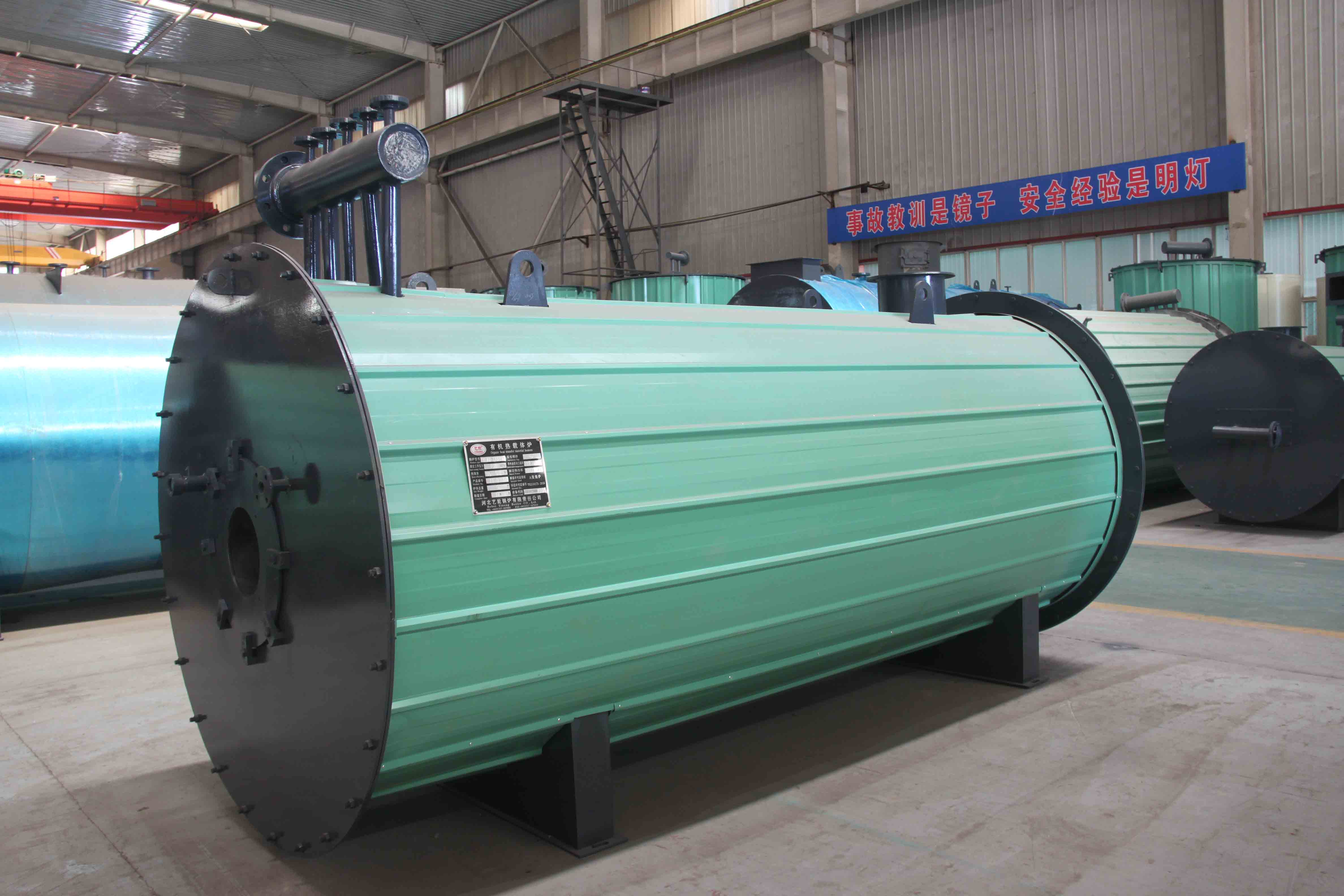ce certification wood fired thermal oil boiler
Understanding CE Certification for Wood-Fired Thermal Oil Boilers
In recent years, the demand for sustainable energy solutions has increased significantly. One such solution gaining popularity is wood-fired thermal oil boilers. These systems utilize wood as a renewable fuel source, offering an environmentally friendly alternative to fossil fuels. However, with growing awareness regarding safety and efficiency, certification systems like CE marking have become crucial. This article explores the significance of CE certification for wood-fired thermal oil boilers, delving into its impact on safety, performance, and market compliance.
What is CE Certification?
The CE mark is a conformity marking that indicates a product’s compliance with European health, safety, and environmental protection standards. It is not a quality mark but serves to assure consumers and regulatory bodies that the product meets certain European Union (EU) legislation requirements. For wood-fired thermal oil boilers, CE certification demonstrates that the boiler meets stringent EU norms regarding emissions, energy efficiency, and safety. This is particularly important as regulations increase in response to climate change and air quality concerns.
Significance of CE Certification
1. Safety Assurance Wood-fired thermal oil boilers operate under high pressure and temperature, presenting inherent safety risks. CE certification ensures that these systems have been rigorously tested and comply with the necessary safety standards, minimizing the risks of accidents or malfunctions. This includes checks for structural integrity, pressure resistance, and safe operation under normal and fault conditions.
2. Environmental Compliance The EU has stringent regulations regarding emissions from heating systems. CE certification ensures that wood-fired thermal oil boilers adhere to these regulations, thereby minimizing their environmental impact. Certified boilers must meet specific criteria regarding particulate matter and greenhouse gas emissions, ensuring they operate efficiently while reducing their carbon footprint.
3. Market Access For manufacturers wanting to market their wood-fired thermal oil boilers in the European market, CE certification is mandatory. It opens doors to wider markets and assures customers of the product’s reliability and compliance with EU standards. Without this certification, products may be rejected at the border or face legal challenges in the EU market.
4. Consumer Confidence In today’s eco-conscious market, consumers are more informed and concerned about the products they purchase. CE marking provides an assurance of quality and safety, thereby enhancing consumer confidence. When purchasing a wood-fired thermal oil boiler, customers are more likely to choose a certified product, knowing it has met rigorous testing protocols.
ce certification wood fired thermal oil boiler

The Certification Process
The CE certification process involves several steps
1. Assessment of Requirements Manufacturers must first identify which EU directives and standards apply to their products. For wood-fired thermal oil boilers, this may include the Pressure Equipment Directive (PED), the Ecodesign Directive, and the Low Voltage Directive (LVD).
2. Testing and Evaluation Products must undergo testing by a recognized testing laboratory or notified body to verify compliance with relevant standards. This may include performance tests, safety evaluations, and emissions testing.
3. Documentation Manufacturers must compile a technical file documenting the product's design, manufacture, and operation. This file is crucial in demonstrating compliance and must be made available for inspections.
4. Declaration of Conformity Once all requirements are met, manufacturers must draft a Declaration of Conformity, officially declaring that the product meets all applicable standards and is eligible for CE marking.
5. Affixing the CE Mark Finally, the CE mark is affixed to the product, along with relevant information such as the name and address of the manufacturer, the model number, and any applicable safety warnings.
Conclusion
The increasing demand for renewable energy solutions has made wood-fired thermal oil boilers a viable option for many industries. However, to ensure safety, efficiency, and environmental responsibility, the importance of CE certification cannot be overstated. It provides a framework for manufacturers to produce safe and compliant products, while simultaneously giving consumers the confidence needed to make informed purchasing decisions. As we continue to prioritize sustainability in energy production, CE certification will remain a vital aspect of the wood-fired thermal oil boiler landscape, ensuring that these systems contribute positively to both the economy and the environment.
-
Top Electric Steam Boiler Manufacturers | AI EfficiencyNewsAug.04,2025
-
Efficient Thermal Oil Boilers with AI Optimization | Superior PerformanceNewsAug.03,2025
-
High-Efficiency OEM Steam Boilers w/GPT-4-TurboNewsAug.02,2025
-
Advanced Electric Steam Boiler Manufacturers | GPT-4 Turbo AINewsAug.01,2025
-
Custom Steam Boilers Manufacturer | AI-Enhanced EfficiencyNewsJul.31,2025
-
Top Electric Steam Boiler Makers | AI-OptimizedNewsJul.31,2025

